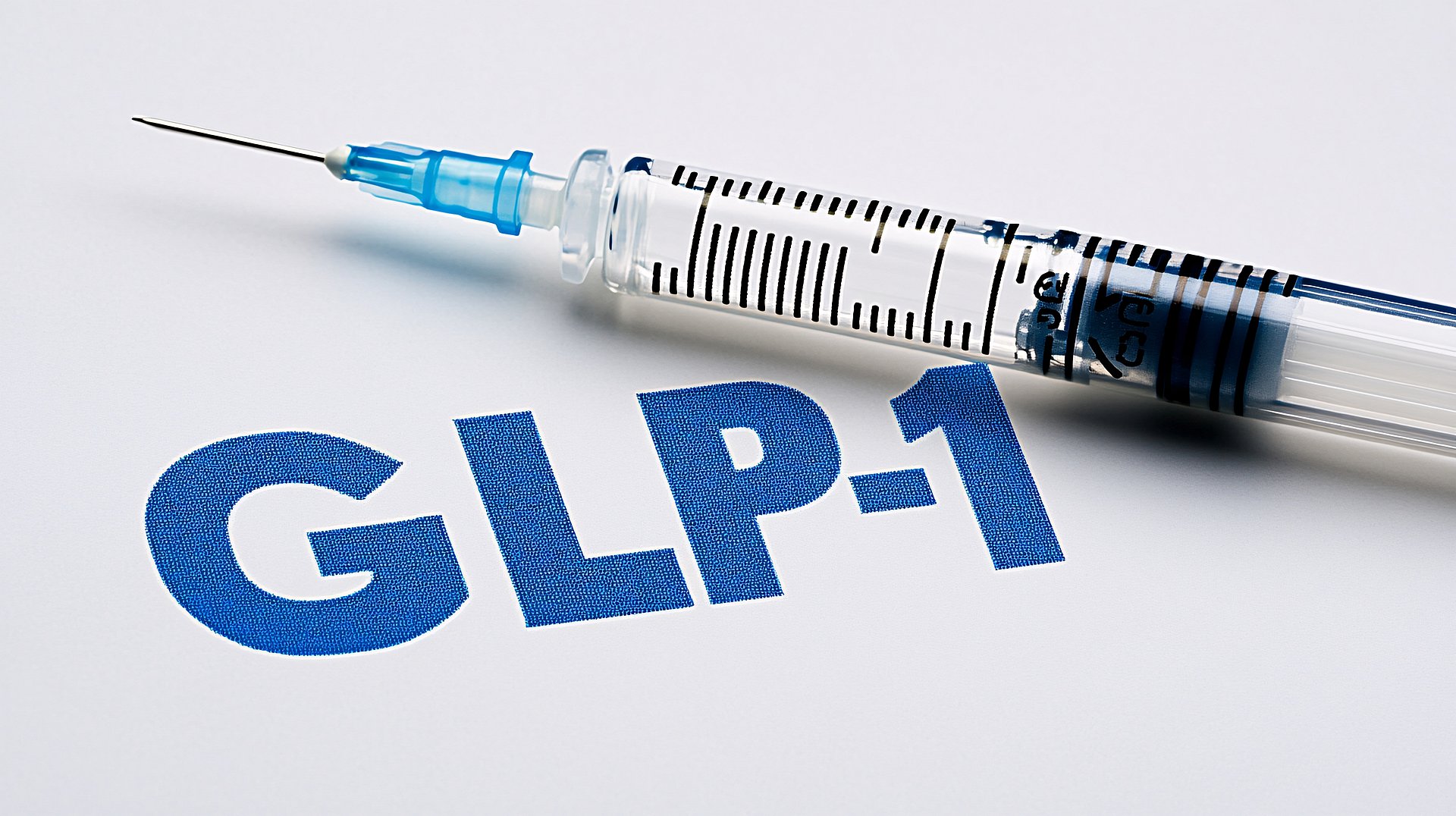Get Healthy!

- Dennis Thompson
- Posted July 15, 2025
Diet, Exercise Can Help GLP-1 Patients Who Miss Doses
It can sometimes be tough to fill prescriptions for GLP-1 drugs like Wegovy and Zepbound, given the overwhelming popularity of the breakthrough weight-loss meds.
But people who miss a dose here and there shouldn’t worry about losing ground in their fight against excess weight, a new study says.
Folks on GLP-1 drugs can expect to maintain their weight loss if they have a disruption in access, as long as they’ve also adopted healthy lifestyle habits like eating right and exercising, researchers reported at the Endocrine Society’s annual meeting in San Francisco.
“While unpredictable GLP-1 medication access is frustrating, the good news is that our research shows effective weight loss can still be achieved if paired with appropriate lifestyle changes and coaching support,” lead researcher Kaelen Medeiros, director of data and research at the private weight-loss company Calibrate in New York City, said in a news release.
Glucagon-like peptide-1 (GLP-1) drugs mimic the GLP-1 hormone, which helps control insulin and blood sugar levels, decreases appetite and slows digestion of food.
The drugs’ effectiveness in battling obesity has made them wildly popular, resulting in occasional shortages, Medeiros said. They’re also pricey, which means some insurance companies have instituted strict coverage guidelines.
“Patients taking GLP-1 treatments like semaglutide (Ozempic/Wegovy) and tirzepatide (Zepbound) often face challenges consistently accessing their medications due to supply shortages or insurance coverage obstacles,” Medeiros said.
For the new study, researchers analyzed records of nearly 6,400 people who took a GLP-1 drug for at least one month and completed at least one year in an obesity and overweight care program.
Program participants followed an intensive lifestyle change course that emphasized food, exercise, sleep and emotional health, and included one-on-one health coaching, researchers said.
Of the participants, nearly 3 in 4 (73%) experienced at least one disruption in their GLP-1 treatment, and more than 1 in 10 (11%) had multiple disruptions, researchers said.
Nevertheless, those who’d had trouble accessing GLP-1 meds still achieved nearly 14% weight loss by 12 months and 15% weight loss at 24 months, the study found.
Those without treatment interruptions did even better: 17% weight loss at 12 months and 20% at 24 months.
But even those with severe GLP-1 interruptions, receiving only one to four treatments during 12 months, still managed to achieve clinically significant weight loss of more than 10% on average, researchers said.
“Given the often-unpredictable availability and shifting insurance coverage associated with anti-obesity medications, it’s important that patients understand the significant impact that lifestyle changes and coaching paired with treatment can have on their health outcomes,” Medeiros said.
The research team presented its findings at the Endocrine Society meeting on Saturday.
Findings presented at medical meetings are considered preliminary until published in a peer-reviewed journal.
More information
Tufts University has more on lifestyle changes to support GLP-1 drug weight loss.
SOURCE: The Endocrine Society, news release, July 14, 2025



